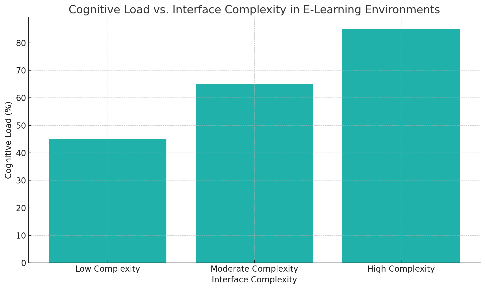THE IMPACT OF HUMAN-COMPUTER INTERACTION ON E-LEARNING EFFECTIVENESS: A COGNITIVE SCIENCE PERSPECTIVE
Keywords:
Human-Computer Interaction, E-learning, Cognitive Load Theory, Interface Design, Cognitive ScienceAbstract
In recent years, Human-Computer Interaction (HCI) has significantly influenced the effectiveness of e-learning environments. This article examines the relationship between HCI design principles and the cognitive processes involved in e-learning. Drawing from cognitive science, we explore how interface design, feedback mechanisms, and user interaction affect learner engagement, comprehension, and retention. The article highlights the role of HCI in shaping learner behavior, with a focus on cognitive load theory and the multimedia principle. The implications of HCI in e-learning suggest that improving interface usability and adopting cognitive load-minimizing strategies can enhance learning outcomes. Additionally, this study outlines future directions for integrating cognitive science into the design of more effective e-learning systems.

Published
Issue
Section
License
All articles published in the Multidisciplinary Research in Computing Information Systems are licensed under an open-access model. Authors retain full copyright and grant the journal the right of first publication. The content can be freely accessed, distributed, and reused for non-commercial purposes, provided proper citation is given to the original work.




